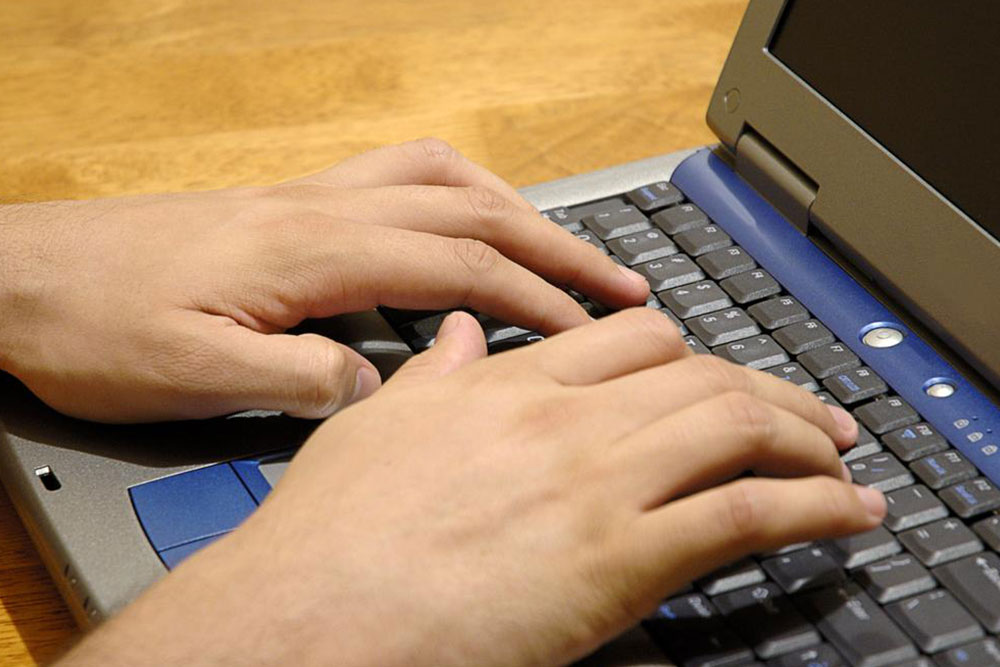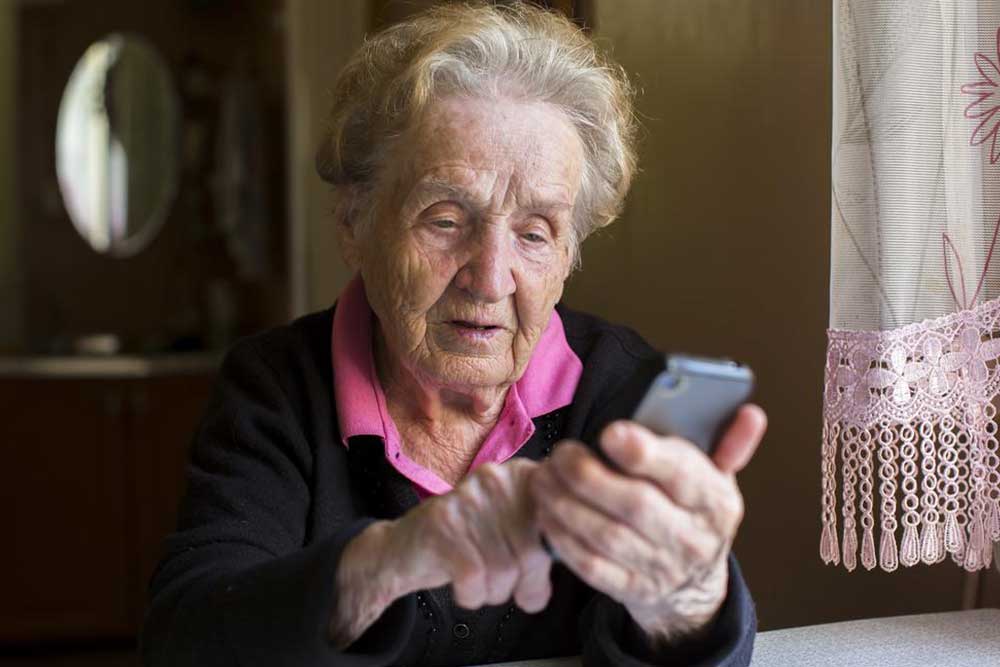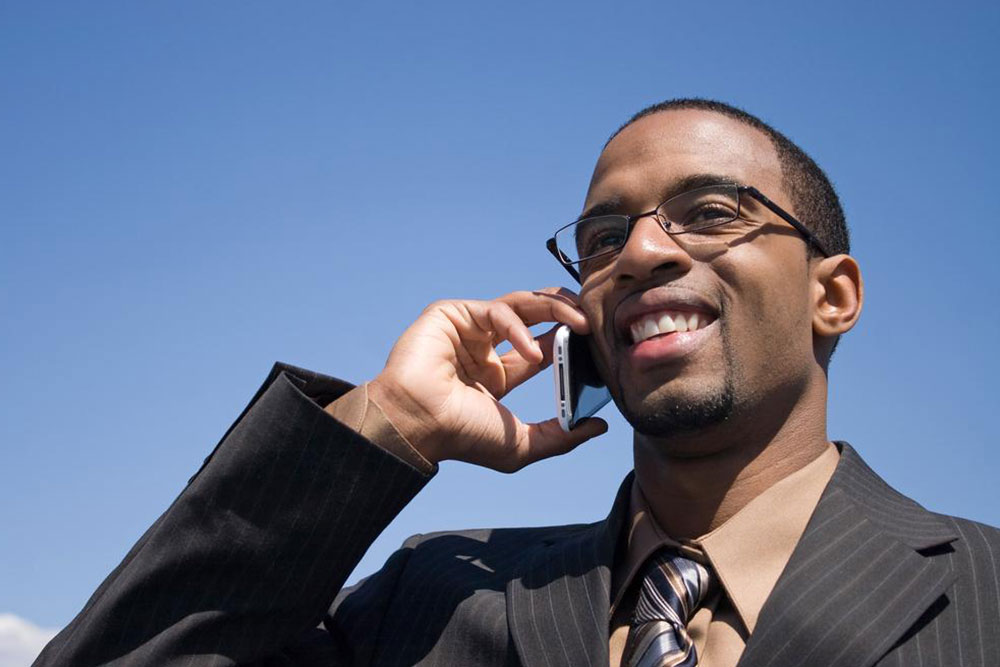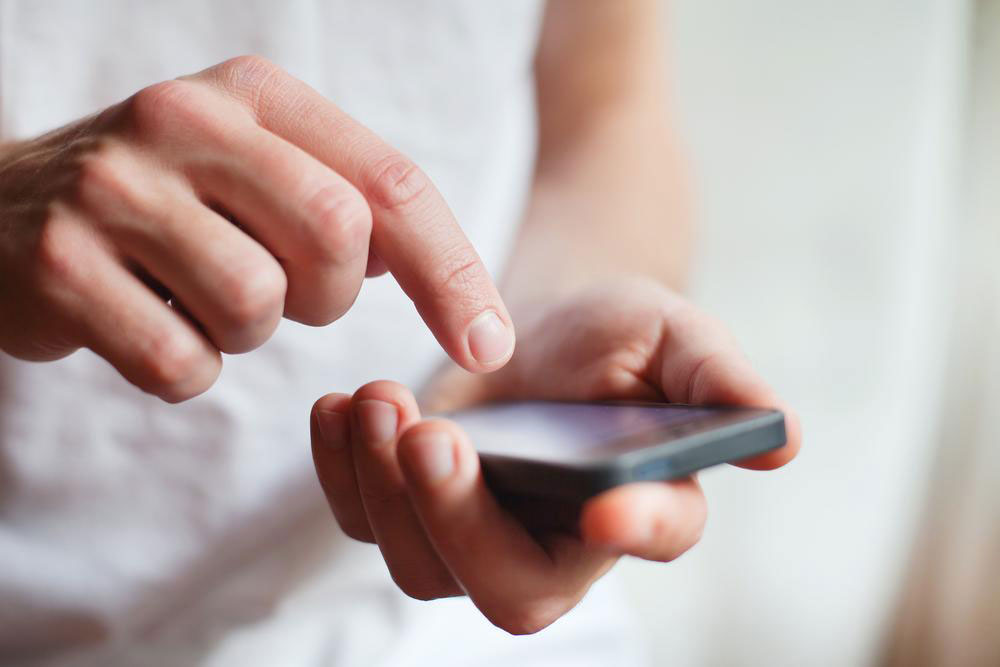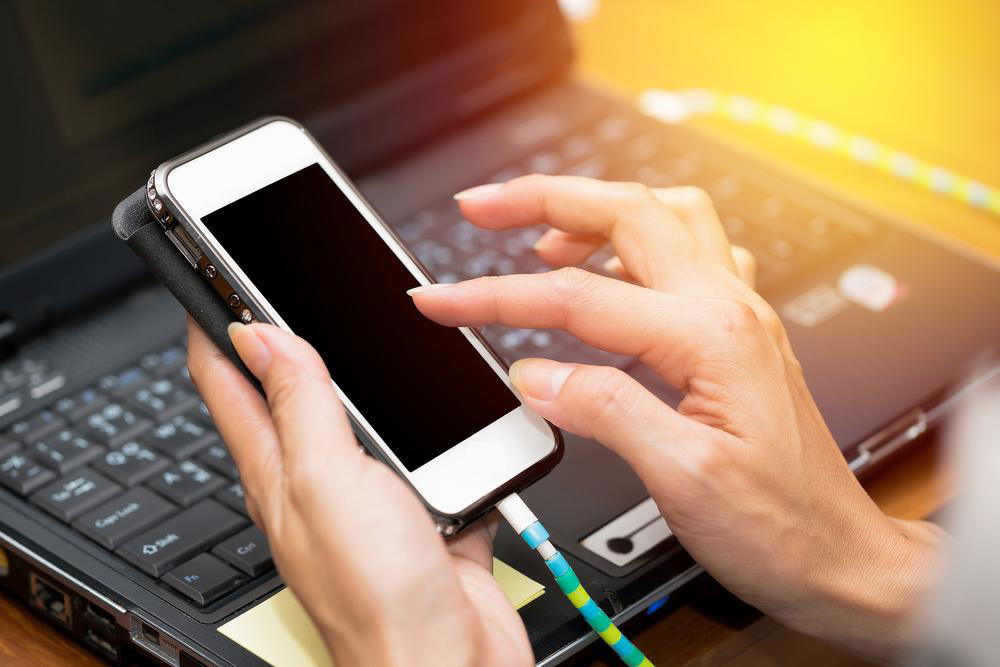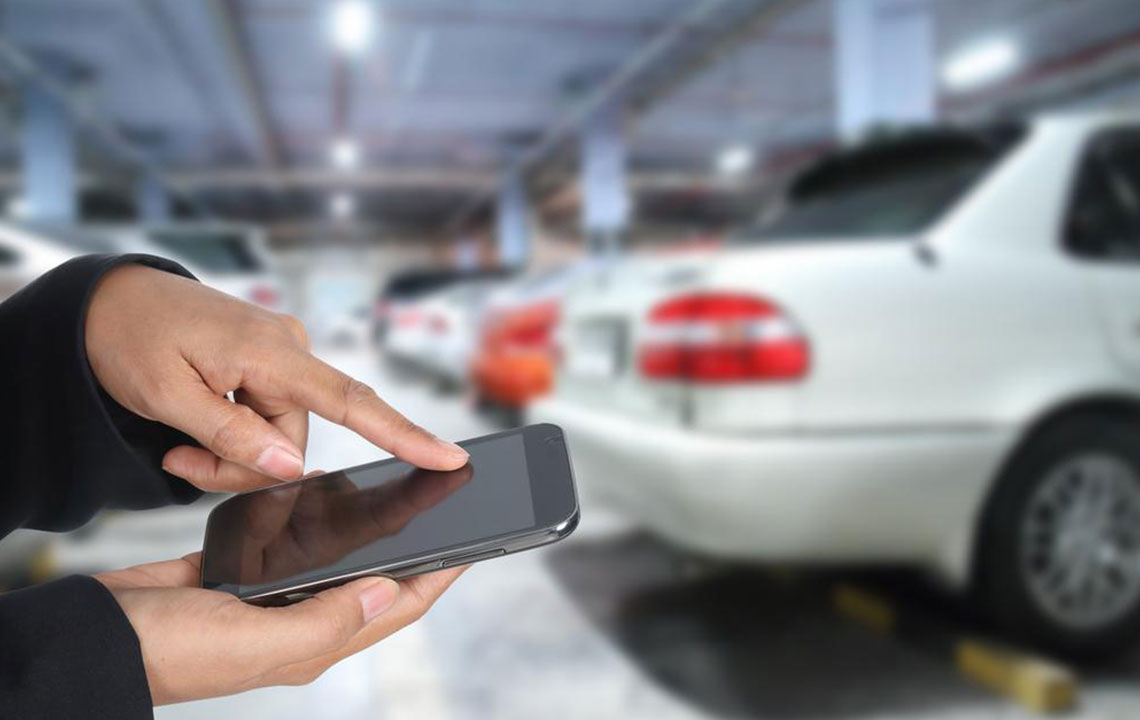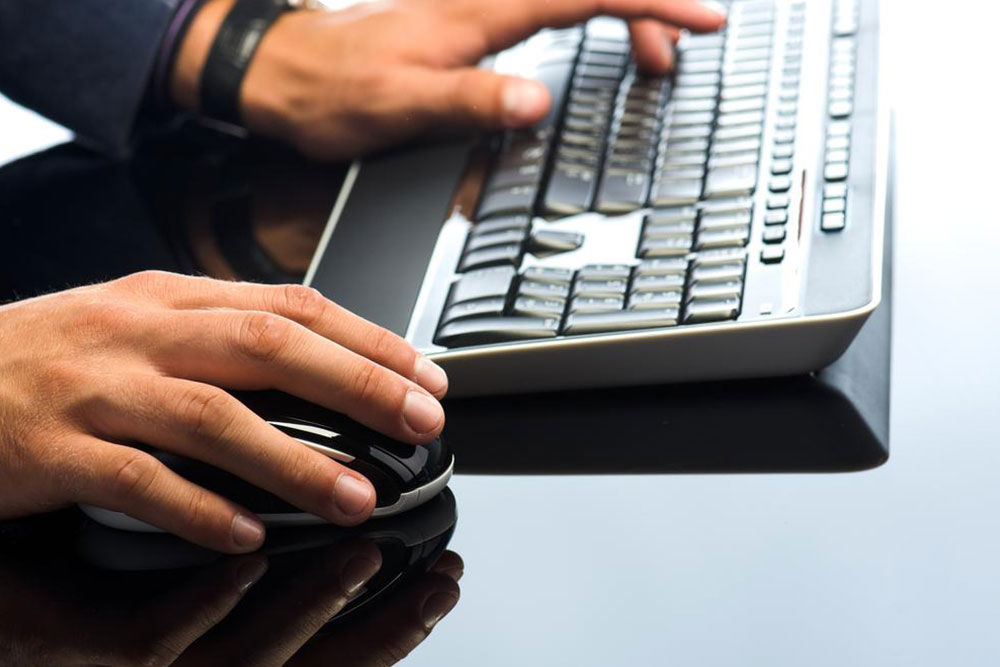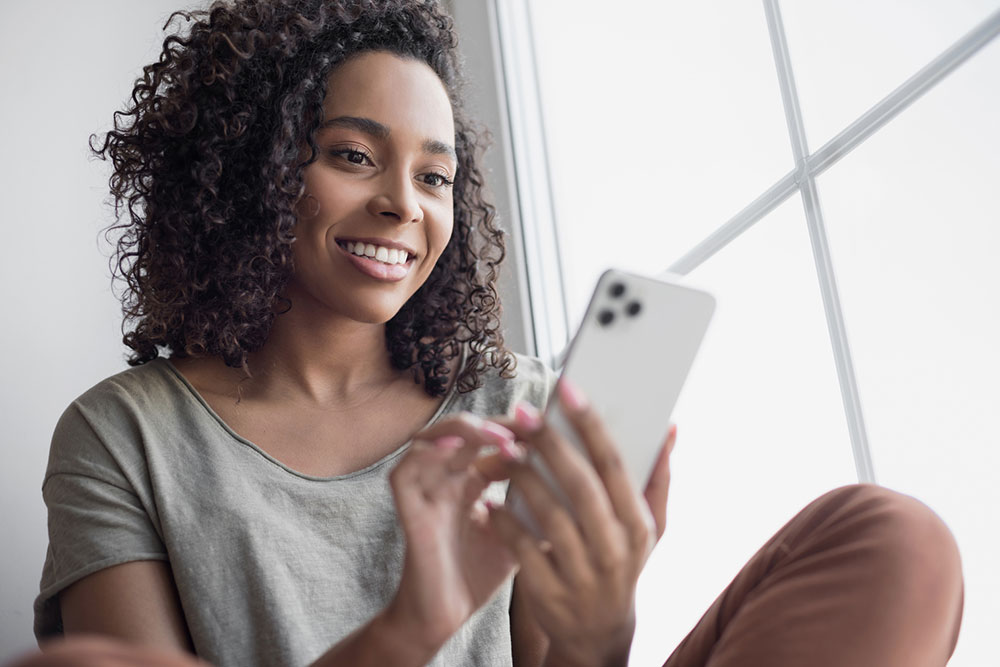How to Access Free Government Phones for Individuals with Disabilities
Discover how individuals with disabilities, seniors, and those facing financial hardships can access free government phones. Learn about eligibility criteria, application steps, and service providers offering these essential communication tools to enhance safety and connectivity in daily life.

How to Access Free Government Phones for Individuals with Disabilities
Everyone deserves the ability to connect and communicate, including those with disabilities or health challenges. If you're disabled or know someone who is, you may be eligible for a free cell phone provided by the government. This benefit extends to seniors and those facing financial difficulties, ensuring they stay connected during emergencies and daily life. A mobile phone is essential today for safety, social interaction, and accessing vital services. Accessing a free government phone can make a significant difference by providing reliable communication when it's needed most.
Curious about how to acquire one? Here’s what you need to know:
Are you facing financial hardship?
If your household income is below a certain threshold—specifically, 150% of the federal poverty level in states like Arizona, Florida, Michigan, Nevada, New Jersey, Ohio, Rhode Island, and Texas, or 135% in other states—you may qualify. Even if unemployed or underemployed, you can apply for a free phone designed for individuals with disabilities.
Are you a senior over the age of 65?
If you're an elderly person unable to afford a phone, this program helps you stay connected for emergencies and social support. Many seniors live alone and face financial challenges; having a free phone allows quick access to help and loved ones whenever needed.
Have a physical disability?
If so, you can apply for a free mobile phone. Without one, you might have to rely on neighbors or wait for assistance, which can be risky. A phone enables prompt contact with emergency services or caregivers, helping prevent accidents and ensuring safety. Caregivers can also be authorized to access the device on behalf of individuals with disabilities.
Several companies, like Qlink, Assurance, and Selflinkare, assist in providing these government-funded phones. Service plans vary by state, so it’s essential to research and select the provider that best fits your location. Visit their websites, review available programs, complete the application forms, and start using your plan. Note that you may need to switch providers over time.
Having a free government phone ensures you stay connected and protected. It reduces dependence on others and provides peace of mind. However, users should be mindful of conserving minutes and managing the allocated free talk time efficiently to avoid running out during critical moments.

